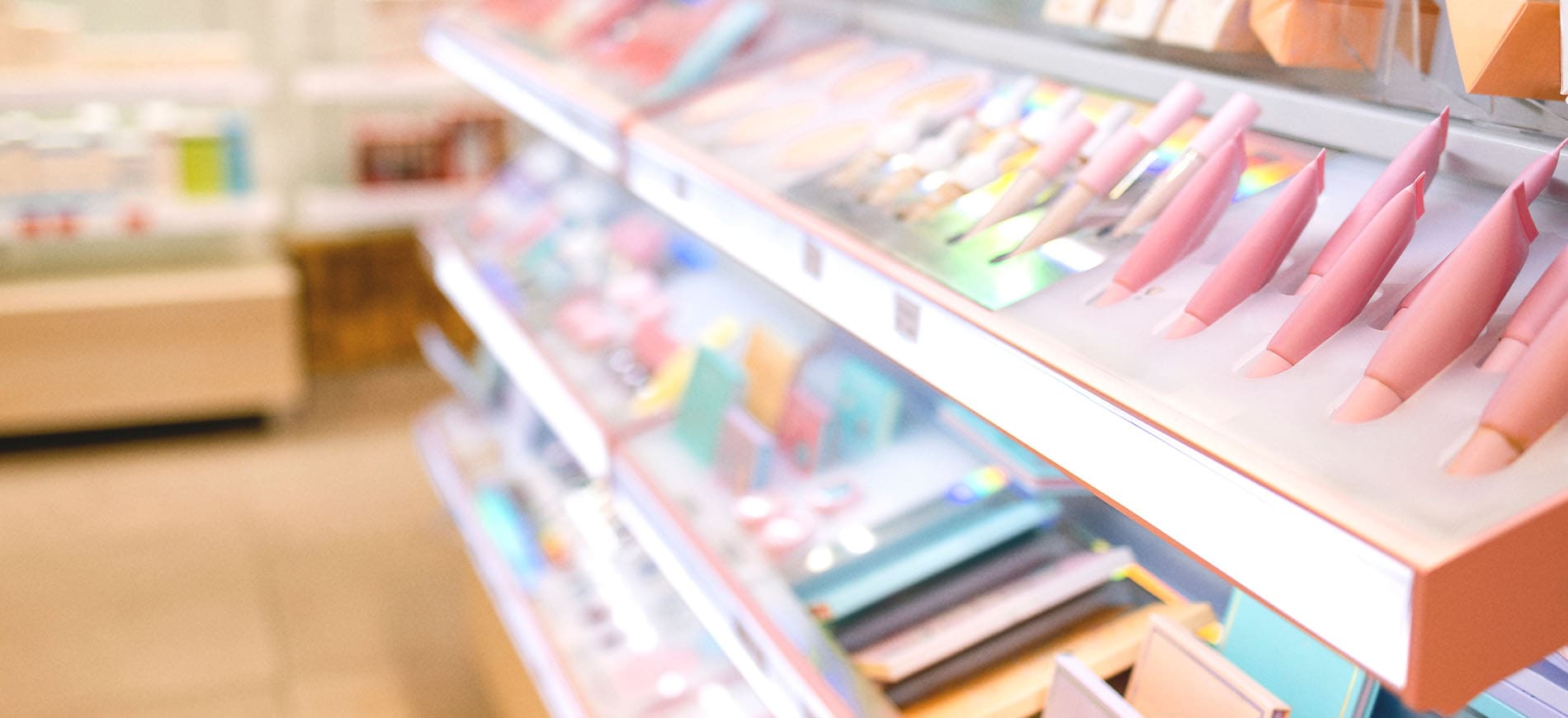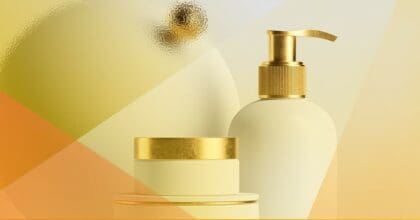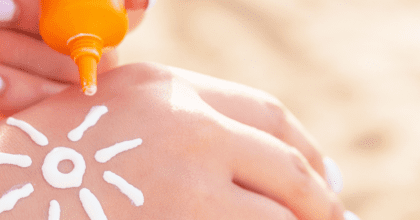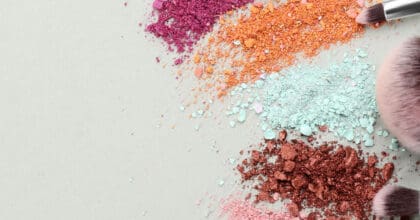2021 witnessed the rise of a plethora of beauty trends. We have explored hybrid makeup, upcycled ingredients and solid formats on this blog, but what will beauty look like in 2022? Our Category Director – Beauty & Personal Care Roshida Khanom explores three key beauty trends that are set to dominate this year.
1. Consumer education is more important than ever
The thirst for knowledge is going to be ramped up as consumers look for proof before purchase, researching things like product effectiveness and natural ingredients. Recent Mintel research found that nearly a third of UK facial skincare users research the ingredients used in skincare products to find out how effective a product is.
Information at the point of purchase is more important than ever before as people have low attention spans and want information instantly – beauty brands will need to find creative ways to give consumers information on demand while shopping, especially in stores where on-shelf and on-pack space is limited.
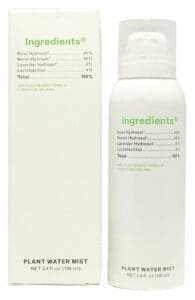
Source: Mintel GNPD
‘Ingredients’ uses 100% pure high concentration plant-based ingredients which are clearly printed front-of-pack with the percentage used.
2. Custom Beauty – Make it for me
Consumers are increasingly rejecting one-size-fits-all, and want products created especially for them: over a third of UK facial skincare users are interested in using skincare formulas that are personalised to their needs.
Personalised beauty products and packaging, customisable formulas and DIY beauty kits are going to have appeal as consumers seek to treat their specific beauty needs. Beauty by life stage is also going to gain traction as people want solutions better targeted to them, and we’ve already seen mass-market players tap into menopausal beauty.
Beiersdorf O.W.N
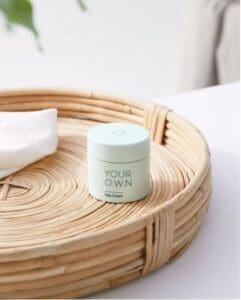
‘O.W.N. skincare’ uses an AI proprietary algorithm with skincare data from 10,000 women to generate customised skincare formulas.
3. Beauty with a cause
Consumers are buying with a conscience, and beauty brands will need to be transparent about their ethical practices as well as their opinions on topical issues.
Sustainability claims in beauty products have become mainstream and still remain at the top of the agenda for consumers, but they’re also looking at brands’ commitments to things like diversity and equity, as well as ethical supply chain practices.
The Body Shop

The Body Shop announced in 2021 that it has committed to being 100% vegan-certified by the end of 2023 as well as introducing refill schemes to tackle plastic waste.

















